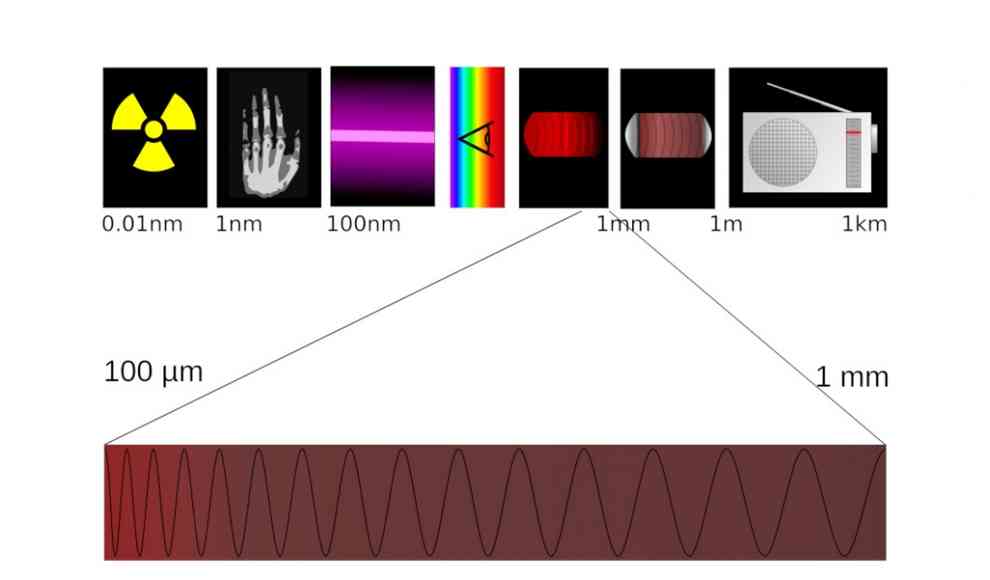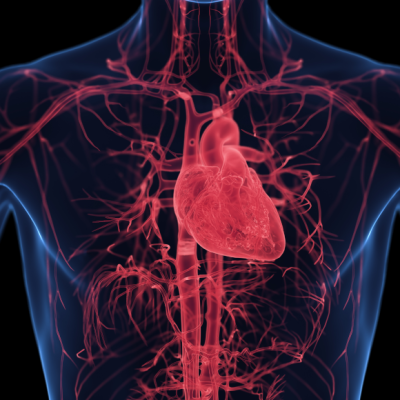Terahertz radiation, which is used in security checks at airports, was previously thought to be harmless. However, Japanese scientists have now discovered that the radiation can cause damage to cells. Terahertz radiation, also known as submillimeter waves, is located in the electromagnetic spectrum between microwaves and infrared radiation. It can penetrate many materials such as textiles, plastics, and paper without causing damage, making it useful for material testing and security checks at airports. Unlike X-rays, which are shorter in wavelength, it was previously believed that terahertz radiation did not damage human cells or DNA. However, scientists at the RIKEN research center in Sendai, led by Shota Yamazaki, have found that this is only partially true.
Terahertz radiation is completely absorbed by the skin’s surface, meaning it can only reach the top layer of cells. However, the energy is converted there and can penetrate further into the body, potentially damaging internal tissue and organs. Previous experiments with water showed that terahertz radiation can cause shock waves that reach several millimeters. The scientists therefore investigated whether these shock waves could affect biological cell components. They used actin filaments, which are protein threads that make up the cell structure of muscle fibers, and found that terahertz pulses caused a 50% reduction in the amount of actin filaments. The scientists believe that the radiation is converted into mechanical energy, which then damages the actin filaments.
The scientists also tested whether terahertz radiation caused damage to living cells. They exposed cell cultures in a nutrient medium to terahertz pulses, which resulted in damage to the actin filaments. However, there were no negative effects on the survival of the cells or further damage observed during the experiment. The scientists emphasize that further studies should be conducted to investigate whether terahertz technology can cause damage to humans. These findings suggest that terahertz radiation, previously thought to be harmless, may have potential health risks that need to be further explored.










